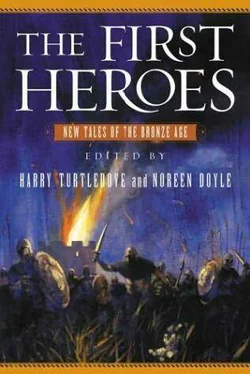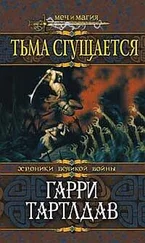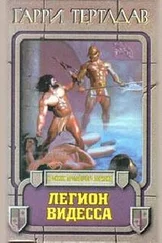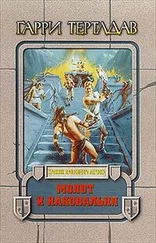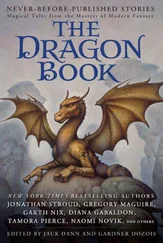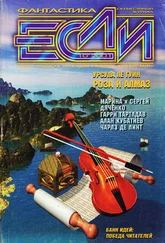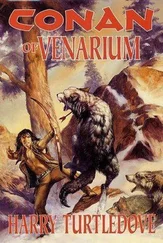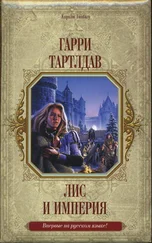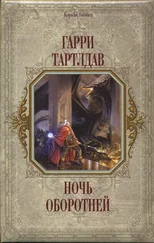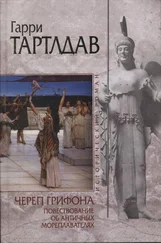Гарри Тертлдав - The First Heroes
Здесь есть возможность читать онлайн «Гарри Тертлдав - The First Heroes» весь текст электронной книги совершенно бесплатно (целиком полную версию без сокращений). В некоторых случаях можно слушать аудио, скачать через торрент в формате fb2 и присутствует краткое содержание. Жанр: Фантастика и фэнтези, на английском языке. Описание произведения, (предисловие) а так же отзывы посетителей доступны на портале библиотеки ЛибКат.
- Название:The First Heroes
- Автор:
- Жанр:
- Год:неизвестен
- ISBN:нет данных
- Рейтинг книги:3 / 5. Голосов: 1
-
Избранное:Добавить в избранное
- Отзывы:
-
Ваша оценка:
- 60
- 1
- 2
- 3
- 4
- 5
The First Heroes: краткое содержание, описание и аннотация
Предлагаем к чтению аннотацию, описание, краткое содержание или предисловие (зависит от того, что написал сам автор книги «The First Heroes»). Если вы не нашли необходимую информацию о книге — напишите в комментариях, мы постараемся отыскать её.
The First Heroes — читать онлайн бесплатно полную книгу (весь текст) целиком
Ниже представлен текст книги, разбитый по страницам. Система сохранения места последней прочитанной страницы, позволяет с удобством читать онлайн бесплатно книгу «The First Heroes», без необходимости каждый раз заново искать на чём Вы остановились. Поставьте закладку, и сможете в любой момент перейти на страницу, на которой закончили чтение.
Интервал:
Закладка:
The god's expression was terrible in its mildness. "You would be from Uruk," he said. "Have you come to steal my chariots?"
Lugalbanda's shoulder s hunched. But he had a little pride, and a little courage, too. "We are not thieves," he said. Then he added, for what little good it might do: "Great lord."
The green eyes flickered. Was that amusement? "You are whatever your city needs you to be," the god said.
"My city needs me to show you respect, great lord," Lugalbanda said.
The god shrugged. His interest had waned. He turned back to his forge.
He was making a sword, a long leaf-shape of bronze. Lugalbanda did not know what—whether god or ill spirit—made him say, "Don't temper it with your own heart's blood, great lord. That would cause grief to more cities than this one." "I care nothing for yours," the god said. But he said no word of Aratta. Lugalbanda chose to find that encouraging.
Inanna's head had been aching since morning. It was worse now, between noon and sunset of this endless day. The sky beyond Aratta's walls was low, the air raw and cold. It would snow by evening, the elders had opined, somewhere amid their council.
She was wrapped in every felt and fleece she had, and seated in the place of honor beside the fire, but she did not think that she would ever be warm again. She clenched her teeth to keep them from chattering, though it only made her headache worse.
She had presented her embassy to the king and his council, offering her caravan of grain and wine and lesser treasures in return for wood and stone and bronze. The king's eyes had gleamed as her men laid gifts before him: fine weavings of wool and linen; ornaments of gold, copper, lapis, amber; a pair of young onagers, perfectly matched; and with them a pair of maidens from the south, so like to one another that only they themselves could tell for certain which was which.
The king was a man of strong appetites, as she had observed at the feast of welcome. He accepted the gifts with unconcealed pleasure, but when they were all given, he seemed faintly disappointed. That vague sourness persisted through the council. His elders haggled like women at market. They wanted as much as Uruk would give, in return for as little as they could manage. That was the way of commerce, even between kings.
She waited a considerable time before broaching the subject of chariots. Still, it seemed she had not waited long enough.
"No!" the king said firmly. Until then he had let his councilors speak for him, but in this he would speak for himself. "Those we do not sell or give away. The gods have given them to us, with one of their own to teach us their making."
"Indeed," Inanna said, "and the greater gods have let it be known to us that their gift resides in Aratta. Shall we not fill your granaries and adorn your women, and share this gift in return?"
Some of the council were wavering. One even said, "It will be a long winter. Our trade with the south was not as profitable as it might have been, nor are our storehouses as full as they should be. Surely—"
"We do not give our chariots away," the king said. And that was all he would say, although the council stretched until evening. When it ended, he had not budged, and his elders had shifted equally immovably to his side.
Inanna was glad to leave the hall behind. She had thought only of food and a bed, but as she went to find both, she overheard two of the king's women whispering together in a corner. It seemed they had undertaken to console the god of chariots—a frequent venture, from the sound of it, but no more successful tonight than it had ever been.
"This time he was less angry," one of them said. "He's weakening, I can tell. One night he'll give way—and I'll be there."
"Not before me," her sister said.
They hissed a little as cats will, but amicably enough. They did not see Inanna's passing: she made sure that they were blind to her.
It was not difficult to find the god. Inanna had thought he might be still in his forge, where people said he always was, but he was in the priest's house behind it, attended by servants who were both loyal and discreet. But they could not stop a goddess.
When she came into the room in which he was sitting, he had been eating a little: there was cheese by him, and a loaf of bread, barely touched. He had an apple in his hand and was examining it, turning it with long clever fingers.
"One eats that," she said without thinking.
Lugalbanda had told her of those eyes, how they were as green as reeds by the river in summer. Even forewarned, she was astonished, taken aback by the light of them and by the grief that haunted them.
But she was a goddess, and his equal. She met him stare for stare. He blinked ever so slightly. She was careful not to let him see her smile.
"I will make an apple of gold," he said.
"Make it of bronze," she said, "and adorn a chariot with it."
"So you did come to steal my chariots." He did not sound dismayed by the prospect.
"I came to buy them," she said. "We're honorable merchants in our part of the world."
"Honor is a rare commodity," he said.
"Not in Uruk," said Inanna.
"Then yours must be a city of wonders," he said.
"We do think so," said Inanna.
He almost smiled—almost. She watched the wave of grief rise up and drown him, the memory so vivid and so bitter that it filled her own heart with sorrow. She could see the two who had died, how beautiful they had been, how deeply he had loved them—how grievous was their loss.
"Come with us to Uruk," she said. She had not plotted to say such a thing; the words escaped her of their own accord.
He did not laugh in her face. Neither did he reject her out of hand. He frowned, but not in refusal.
"Are you so desperate for chariots?"
'We are desperate for something," she said. "A new weapon, new power to destroy our enemies. But I didn't ask for that. You would be welcome in Uruk for yourself, and not only for what you can give us."
"Why?" This was a god of uncomfortable questions. She chose to answer honestly. "There are no memories in Uruk." She had overstepped herself: his eyes hooded, and his face went cold. "The memories are within me," he said. "I thank you for your kindness."
It was a dismissal. She bridled a little, but she judged it wise to yield. She had much to think of, and little of that had to do with the need of Uruk or the greed of Aratta. She took with her a vision of eyes as green as reeds, and a long fair face, and sorrow that her heart yearned to console.
After the first storm of winter, the gods of heaven relented and brought back for a while the mellow gold of the season that, in this country, they called autumn. The king of Aratta seemed to soften with the sky. He accepted the riches of the caravan in return for an acceptable quantity of worked and unworked metal, quarried stone, and mountain gold. He would not sell his chariots or their maker, but he granted the king of Uruk a gift: a single chariot with its team and its charioteer.
Lugalbanda had grown uneasy as their stay in Aratta lengthened. There was nothing overt to object to; the people of the city were unfailingly courteous, and some of the young men had become quite friendly. But he was growing weary of the cold, the strangeness, even the way in which the trees closed out the sky. His new friends took him hunting in the forests, and taught him the ways of a country that he could never have imagined in his distant and treeless homeland.
He could have borne that, at least until spring, but he did not like the way the king watched Inanna. It never came to anything; it was only a constant, starveling stare. Yet it did not lessen at all as the days went on.
It was not Lugalbanda's place to bring it to her attention, but he suspected that there was no need.
Читать дальшеИнтервал:
Закладка:
Похожие книги на «The First Heroes»
Представляем Вашему вниманию похожие книги на «The First Heroes» списком для выбора. Мы отобрали схожую по названию и смыслу литературу в надежде предоставить читателям больше вариантов отыскать новые, интересные, ещё непрочитанные произведения.
Обсуждение, отзывы о книге «The First Heroes» и просто собственные мнения читателей. Оставьте ваши комментарии, напишите, что Вы думаете о произведении, его смысле или главных героях. Укажите что конкретно понравилось, а что нет, и почему Вы так считаете.
